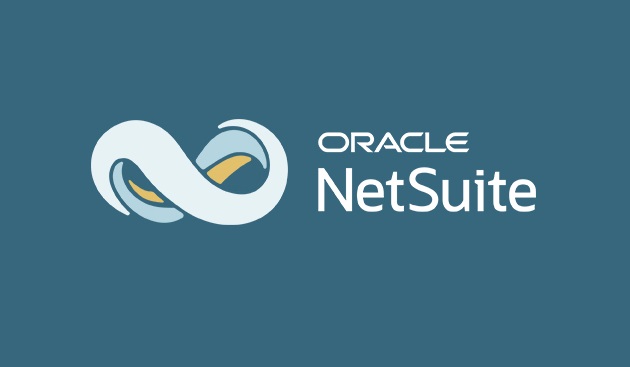While using the newest technology and processing large amounts of information is a pillar in effective client advisory services, it isn’t the only necessary component.
The human qualities of the relationship, relational accounting, will always be needed. Relationships, not your technology, set you apart from your competition.
In relational accounting, you know your clients and their story. It’s all about the relationships you develop with your clients and the ability to use those relationships to provide better service.
Creating a better advisory relationship isn’t always easy, but it starts with taking the first step. Read on to learn valuable ways to improve your client advisory relationship today.
Learn to listen
Being an effective advisor is knowing how to both communicate and listen. Your clients don’t always know how to say what they need or even know what they need. It’s your job as their advisor to uncover their wants and desires and develop an action plan to address them.
Ask questions. Deliver insights. Help clients translate their worries or pain points into goals that can be predicted, tracked, and measured. Soon you’ll be providing so much value to your clients that you will be indisposable to their business.
Provide meaningful deliverables
Give your clients more than your competition would. Don’t just give them the data or reports and let them figure it out for themselves. Read the data and give them informed information based on your insights. Use KPIs to convey financial information that your client will understand and find valuable.
Provide reports that tell your clients the story of their business. Keep the reporting clear and concise—they should be simple to allow your insights to shine and not overwhelmed with unnecessary data. Give feedback based on what worked and didn’t work from the quarter before.
Always allow time for discovery
Your clients’ businesses are constantly changing. Suppose you don’t do a regular discovery session. You can miss out on revelatory challenges, ideas, or opportunities the client has experienced since the last session.
Many advisers know their clients financially, but they don’t have the whole picture. Understanding your clients on every level allows you to advise with empathy and build a relationship on trust and sound financial advice.
Engaging clients in an effective discovery process can deliver several meaningful benefits for advisers, including:
- Capturing key financial information that allows advisers to provide tailored, relevant advice.
- Identifying critical financial issues around investments, risk exposures, capital needs, and other areas of note.
- The ability to get to know your clients and provide a better client experience through identifying their values, concerns, and passions.
- The ability to differentiate your practice and develop your network through word-of-mouth referrals.
- An increase in client satisfaction, better client relationships, and less client attrition.
Use value-based billing
Clients will pay well for a relationship that helps them grow their business and meet their financial goals. Transitioning to value-based billing is beneficial for both you and your clients.
Value-based billing also allows you to earn more money in the long run. The more you practice certain services or activities, the quicker you are at them. Instead of charging hourly and making less because you do a process faster, make the same amount of money in less time.
Clients like to know how much they’ll be charged for something in advance. Clients who know how much they’ll be charged in advance are more likely to communicate better with you. When you charge based on the value of the service or project, your clients can prepare ahead of time or not be surprised when the invoices are sent.
As you can see, we spend a lot of time in technical training throughout the year, but to truly be successful in advisory relationships, our communication skills are key. When reviewing this article, identify your strengths and opportunities, and dedicate some of your education this year to strengthening the people side of your services, not just the technical.
=======
Amy Vetter is a CPA.CITP, CGMA is an accomplished c-suite executive and board member with deep experience in cloud technology and transformation, creating go-to- market (GTM) strategies to scale businesses nationally and internationally. Amy has held multiple roles in Fortune 500, startup, small company rapid growth, and is a serial entrepreneur. Amy is also an active member of the AICPA IMTA Executive Committee where she leads the Technology Innovations Taskforce and is an AICPA CITP Champion.
Thanks for reading CPA Practice Advisor!
Subscribe Already registered? Log In
Need more information? Read the FAQs





